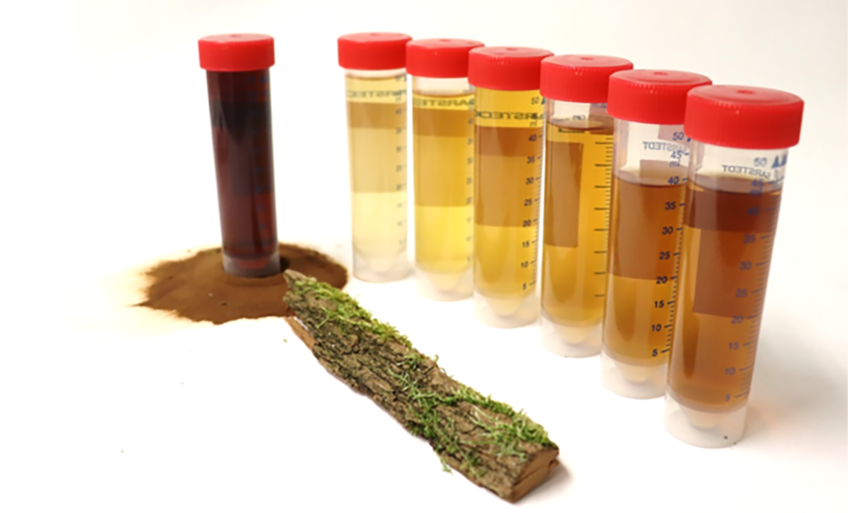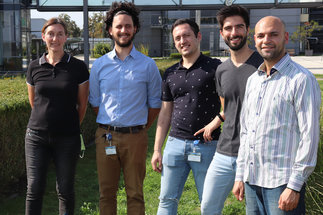
Biorefinery and Sustainable Chemistry
Intensive utilization of fossil resources in the past century led to the current environmental problems. In this regards, a transition towards more sustainable society with circular bio-economy based on non-edible renewable resources such as biomass are greatly need it. Among the renewable resources, lignocellulosic biomass consists of cellulose, hemicellulose and lignin, represents the most abundant and low cost one. Additionally, the multi-functionalities of lignocellulosic biomass, e.g., -OH, -C=O, -COOH and -R-O-R-, gives it the potential to be used in a wide range of applications. For this goal, biorefinery as an engineering concept for producing a wide range of valuable bio-based building blocks from wet waste lignocellulosic biomass was proposed. The biorefinery is linking the field of heterogeneous catalyst design and sustainable chemical processes engineering. Due to the high oxygen content in lignocellulosic biomass renders it highly reactive and not suitable for most of the classical standard catalysts which consequently suffer from rapid deactivation. Hence, we are focusing in the synthesis of sustainable heterogeneous catalysts that is functional-groups and water tolerant for an integrated continuous flow process to valorize lignocellulosic biomass towards production of fine chemicals with low cost.




